Last Updated on January 3, 2025
Anabolic steroid use has become increasingly prevalent in recent years, not just among professional athletes but also among fitness enthusiasts and bodybuilders. According to recent studies, an estimated 3 million people in the United States alone have used anabolic steroids at some point in their lives. Recognizing these signs can be vital for early intervention, preventing long-term health consequences, and promoting overall well-being.
In this comprehensive guide, we’ll explore 13 telltale signs of steroid use, ranging from physical changes to behavioral shifts. Whether you’re concerned about a friend, family member, or yourself, understanding these signs can be the first step towards addressing potential steroid abuse and seeking appropriate help.
Rapid Muscle and Weight Gain

One of the most noticeable signs of steroid use is unusually fast muscle growth and weight gain. While natural muscle growth takes time and consistent effort, steroid-induced gains can be dramatic and occur within a matter of weeks.
Key indicators: • Gaining 10-20 pounds of lean muscle in a month or less • Significant increase in strength over a short period • Muscles appear disproportionately large compared to the rest of the body
It’s important to note that natural muscle growth typically occurs at a rate of 1-2 pounds per month for most individuals. Anything significantly beyond this range, especially when accompanied by other signs, may be cause for concern.
Acne Breakouts
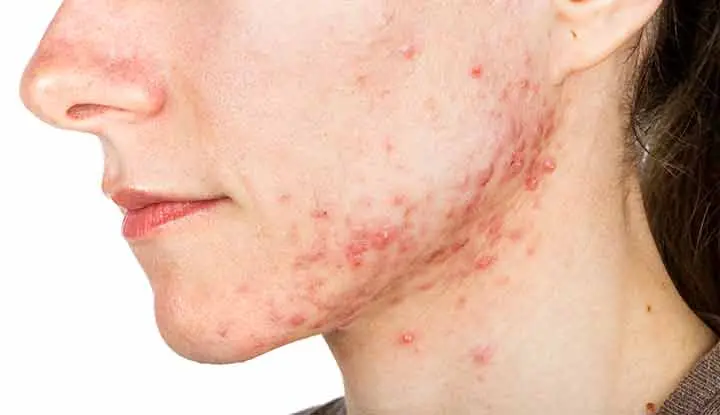
Steroid use can wreak havoc on the skin, leading to severe acne breakouts. This is due to the hormonal imbalances caused by anabolic steroids, which stimulate the sebaceous glands to produce more oil.
Characteristics of steroid-induced acne: • Sudden onset, especially in adults who previously had clear skin • Predominantly affects the back, chest, and shoulders • More severe and persistent than typical acne • May be resistant to standard acne treatments
While acne alone isn’t a definitive indicator of steroid use, when combined with other signs, it can be a red flag.
Male Pattern Baldness
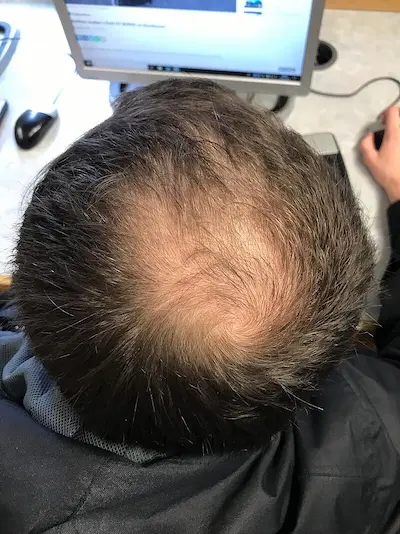
Anabolic steroids can accelerate hair loss in individuals genetically predisposed to male pattern baldness. This is due to the conversion of steroids into dihydrotestosterone (DHT), which can shrink hair follicles.
Signs to watch for: • Rapid onset of hair thinning, especially in young men • Receding hairline or bald spots developing unusually quickly • Hair loss patterns resembling those of much older individuals
It’s worth noting that not all steroid users will experience hair loss, as genetic factors play a significant role. However, for those susceptible, steroid use can dramatically speed up the balding process.
Mood Swings and Aggression
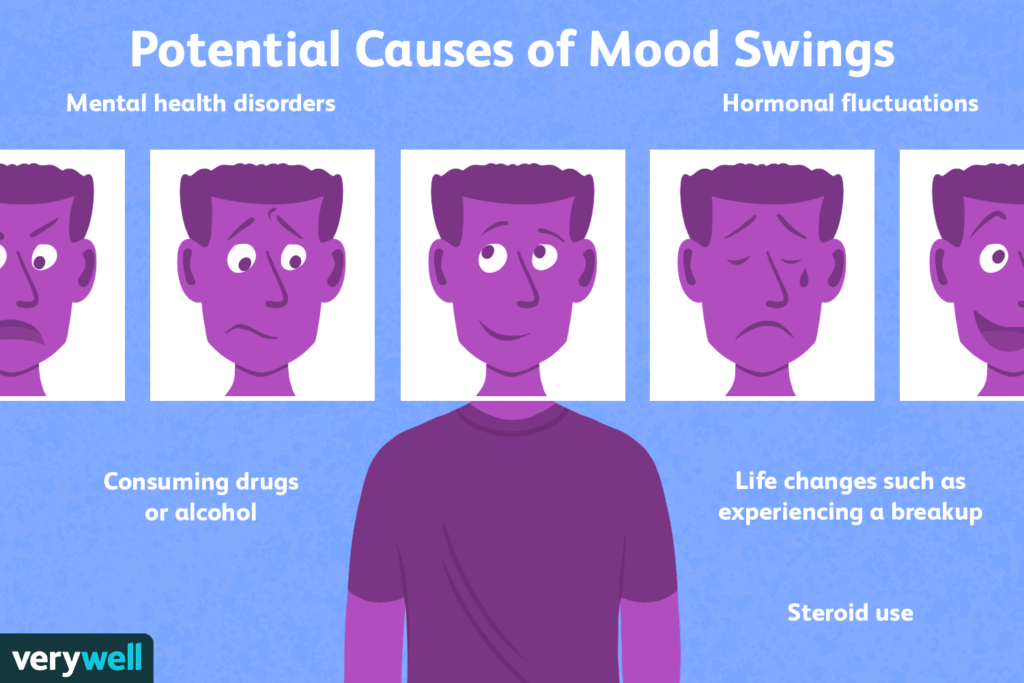
One of the most concerning psychological effects of steroid use is the potential for extreme mood swings and increased aggression, often referred to as “roid rage.” These behavioral changes can have significant impacts on personal relationships and daily life.
Common manifestations: • Sudden outbursts of anger or irritability • Increased competitiveness and risk-taking behavior • Drastic mood shifts, from euphoria to depression • Difficulty controlling emotions
The hormonal fluctuations caused by steroid use can disrupt the brain’s normal chemical balance, leading to these dramatic mood changes. It’s essential to approach someone experiencing these symptoms with caution and encourage them to seek professional help.
Gynecomastia (Enlarged Breasts in Men)
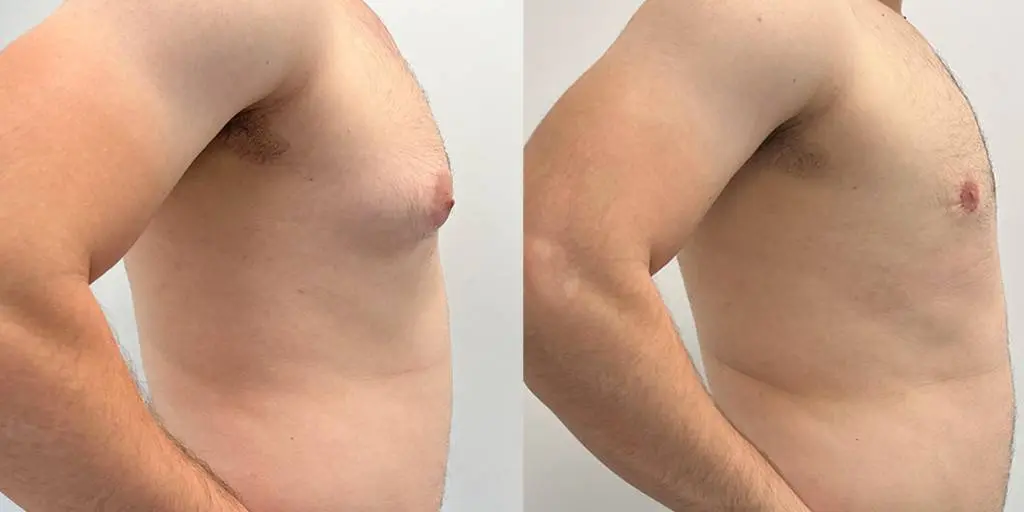
Gynecomastia, or the development of enlarged breast tissue in men, is a common and often distressing side effect of anabolic steroid use. This occurs because excess testosterone from steroids can be converted into estrogen, leading to breast tissue growth.
Key features: • Noticeable swelling or tenderness around the nipple area • Asymmetrical breast enlargement • May be accompanied by pain or sensitivity
Gynecomastia can have significant psychological impacts on men, affecting self-esteem and body image. In some cases, surgical intervention may be necessary to correct the condition.
Deepening of Voice in Females
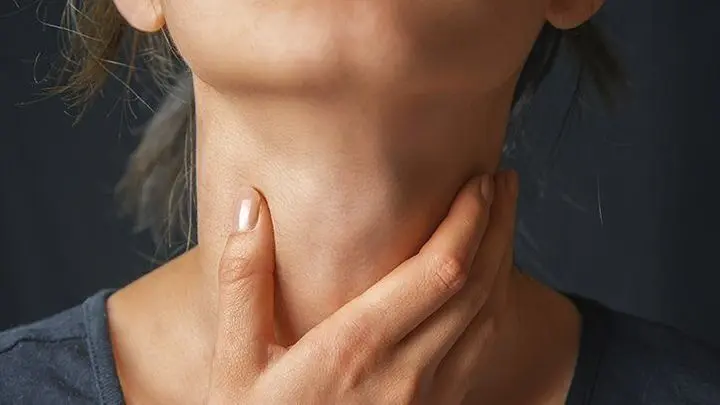
Female steroid users may experience a deepening of their voice, a condition known as virilization. This change occurs due to the androgenic effects of steroids on the vocal cords.
Important points: • Voice changes can be permanent, even after stopping steroid use • May be accompanied by other masculinizing effects, such as facial hair growth • Can significantly impact a woman’s quality of life and self-image
The irreversibility of voice changes makes this one of the most serious side effects for female steroid users to consider.
Excessive Body and Facial Hair Growth

Anabolic steroids can cause increased hair growth on the body and face, particularly in women. This is due to the androgenic properties of steroids, which stimulate hair follicles.
Areas typically affected: • Face (upper lip, chin, sideburns) • Chest and abdomen • Arms and legs
While some increase in body hair is normal during puberty or with age, sudden or excessive growth, especially in women, can be a sign of steroid use.
Testicular Atrophy
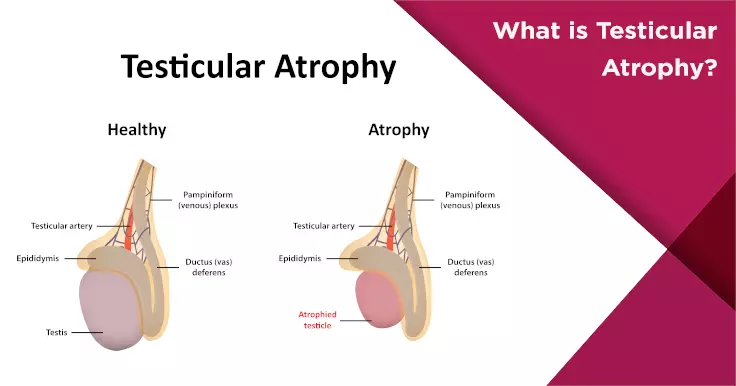
Male steroid users often experience testicular atrophy, or shrinkage of the testicles. This occurs because the synthetic hormones in steroids signal the body to reduce its natural testosterone production.
Key points: • Noticeable decrease in testicle size • May be accompanied by a decrease in sperm production and fertility issues • Can lead to hormonal imbalances and sexual dysfunction
While testicular atrophy may be reversible after stopping steroid use, prolonged use can lead to permanent damage to the reproductive system.
Increased Libido
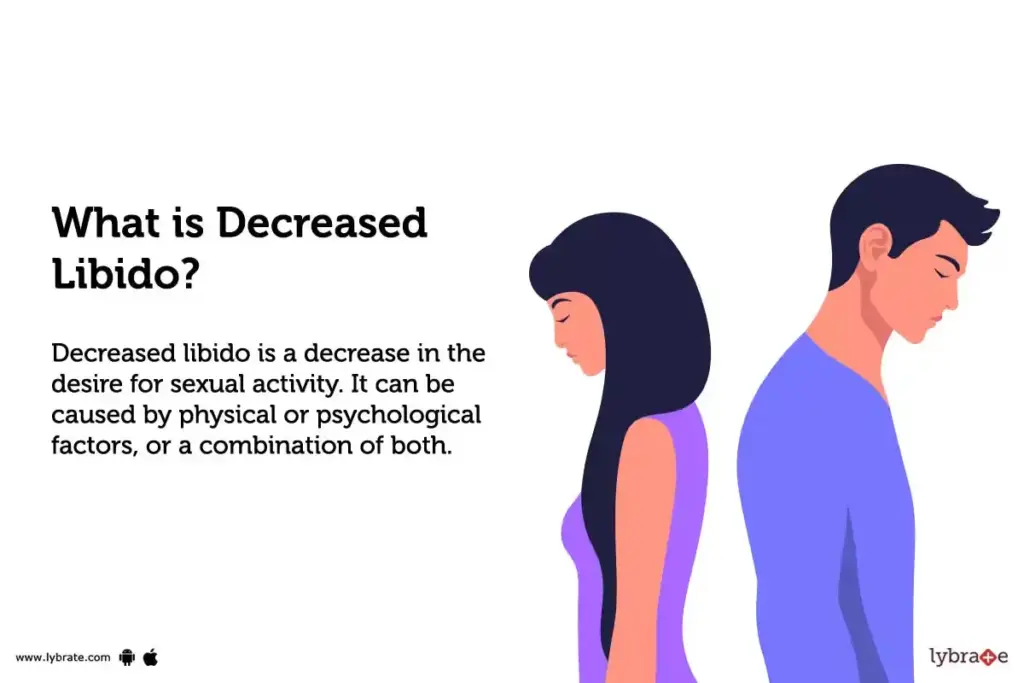
Many steroid users experience a significant increase in sex drive, especially during the early stages of use. This is due to the surge in testosterone levels caused by anabolic steroids.
Notable effects: • Heightened sexual thoughts and desires • Increased frequency of sexual activity • Potential for risky sexual behavior
It’s important to note that while libido may initially increase, long-term steroid use can actually lead to decreased sex drive and erectile dysfunction.
Insomnia and Restlessness
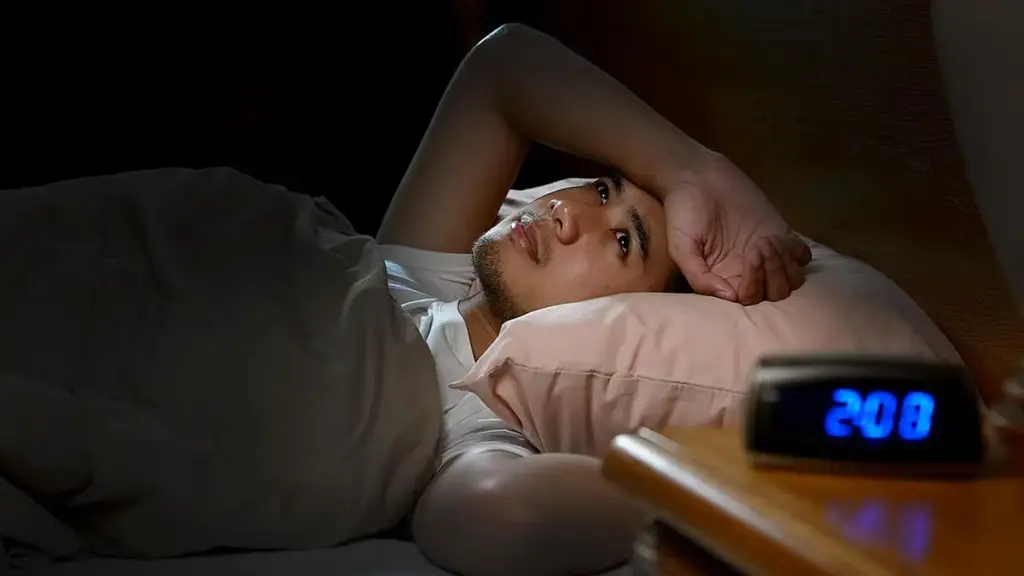
Steroid use can significantly disrupt sleep patterns, leading to insomnia and general restlessness. This is often due to the stimulant effects of certain steroids and the hormonal imbalances they cause.
Common symptoms: • Difficulty falling asleep or staying asleep • Increased energy levels, even late at night • Feeling “wired” or unable to relax
The impact of sleep disturbances on overall health can be significant, affecting everything from cognitive function to physical recovery.
Hypertension (High Blood Pressure)
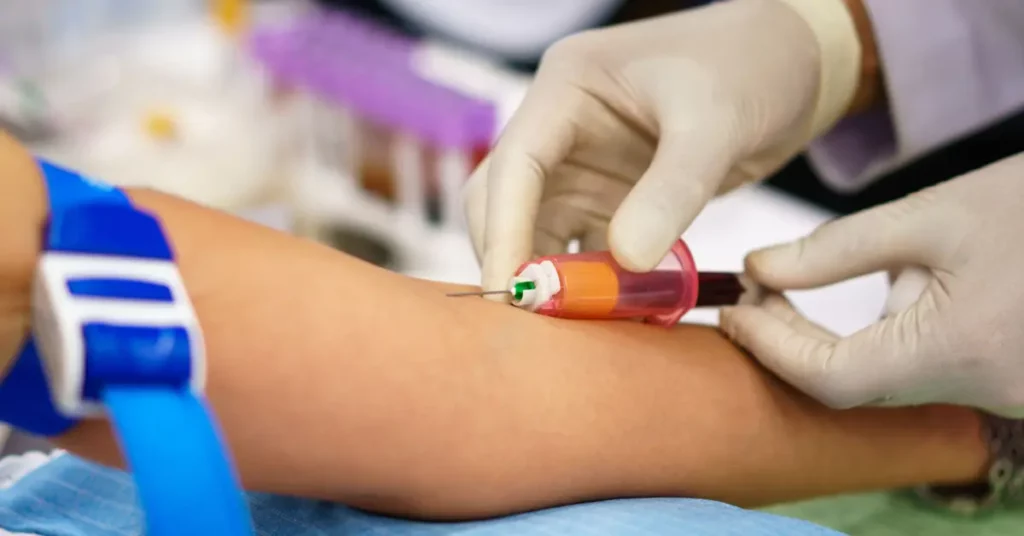
Anabolic steroids can cause or exacerbate hypertension by affecting the body’s fluid balance and cardiovascular system. This puts users at increased risk for heart disease and stroke.
Key points: • Regular blood pressure monitoring is crucial for steroid users • Symptoms may include headaches, dizziness, and shortness of breath • Hypertension can lead to long-term cardiovascular damage
The risks associated with steroid-induced hypertension underscore the importance of regular medical check-ups for those using these substances.
Needle Marks in Large Muscle Groups
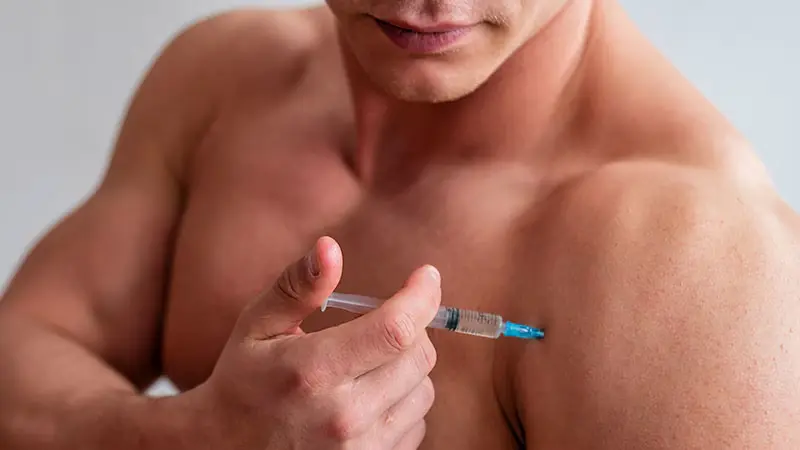
For those using injectable steroids, needle marks in large muscle groups can be a clear sign of use. These are typically found in areas that are easy to reach and have large muscle mass.
Common injection sites: • Buttocks • Thighs • Upper arms
While not all steroid users inject their drugs, the presence of needle marks, especially when combined with other signs, can be a strong indicator of steroid use.
Changes in Appetite

Steroid use can significantly affect metabolism and appetite. Some users may experience increased hunger and weight gain, while others might see a decrease in appetite.
Notable changes: • Sudden increase or decrease in food intake • Cravings for specific types of foods (often high-protein or high-calorie) • Changes in eating patterns or meal frequency
These appetite changes can have significant impacts on overall health and nutrition, potentially leading to issues with weight management and nutrient deficiencies.
Conclusion
Recognizing the signs of steroid use is crucial for early intervention and prevention of long-term health consequences. While some of these signs may be attributed to other causes, the presence of multiple indicators should raise concern. It’s important to approach the topic with sensitivity and encourage professional help if steroid abuse is suspected.
The long-term health risks associated with steroid abuse are significant and can include liver damage, cardiovascular problems, and mental health issues. By being aware of these signs and taking action when necessary, we can help protect individuals from the harmful effects of steroid abuse.
If you suspect that you or someone you know may be using anabolic steroids, it’s crucial to seek professional medical advice. Many resources are available for those dealing with steroid abuse, including counseling services and support groups. Remember, seeking help is a sign of strength, not weakness. For more information on steroid abuse and treatment options, visit reputable health organizations or consult with a healthcare professional.
Author

Dr. Grant Fourie
Hi, I’m Dr. Grant Fourie, a dedicated medical professional passionate about advancing healthcare in our community. With 20+ years' of medical background, I strive to provide compassionate and innovative care to my patients. Outside the clinic, I enjoy sport and fitness hobbies, which keep me balanced and inspired.


